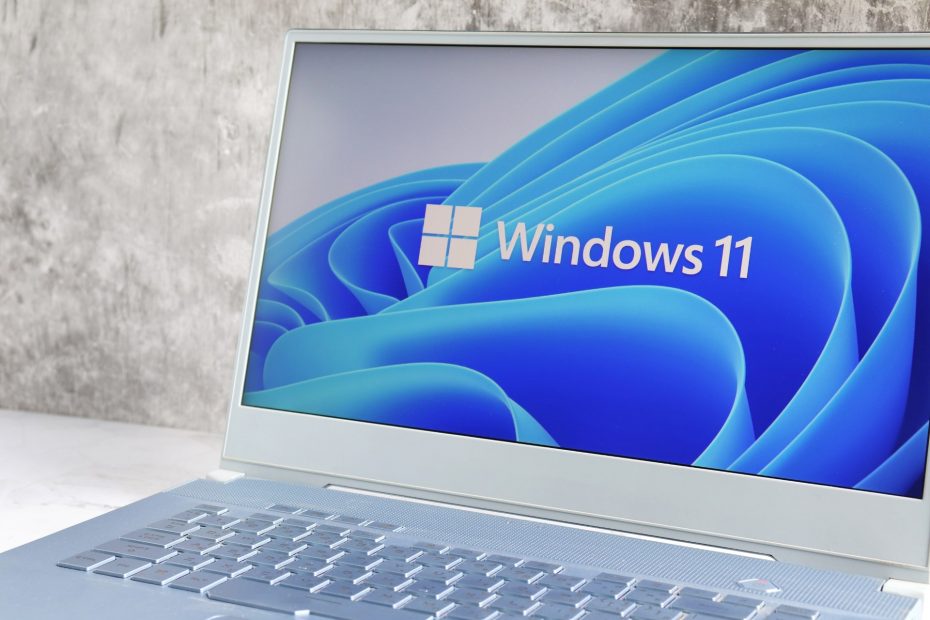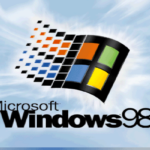Any new OS version will always be advanced and powerful than its previous versions. The power and efficiency of the OS will cover pretty much every aspect of it, which lets users perform and work better. OS developers strive their best and put in everything they can in the OS they release for public use as they have to sustain as one of the best to survive in the industry. One such deciding factor in this tech-savvy world is the security and privacy features of the OS. With cybercrime, malware attacks, and ransomware attacks becoming more efficient and uncontrollable, OS that is vulnerable won’t stand a chance against these attacks and the users will switch over to another OS that provides good security features.

Nobody wants their personal or professional data to be stolen or compromised from their computer so, everyone is pretty much cautious about protecting the data and the system on the whole. Well, even with most people not being experts in computing, have their security concerns and seek companies that provide technical security services like antivirus, anti-phishing, and other anti-security breach software and services. With such concerned and informed users, tech companies have to implement certain protocols to provide high-class security to maintain their reputation in the industry and also make the life of the users better.
Microsoft has been an OS provider for about three decades, with about 18 major OS releases. The OS runs on a hybrid kernel which is not foolproof and the OS comparatively has more security concerns compared to other OS as it has a high number of users and hackers target the OS specifically. Even then Microsoft has been doing a great job with coping up with providing good security and privacy features. The upcoming Windows 11 is said to have powerful security features that will effectively protect the computer from cyber threats. Windows 11 demands powerful hardware and this can be a problem for users to switch over from Windows 10, but the hardware requirement is pretty reasonable as the security features provided are advance and requires specific hardware to run efficiently.
Using hardware-accelerated security is better than software security as it provides double the protection and privacy to users enabling them to protect their data securely. Microsoft has already implemented the hardware-accelerated security feature and Windows 10 has it, but in Windows 11 the hardware has been improved and upgraded to provide even better security features. The hardware that is used will be further discussed in detail.
Security Features of Windows 11
Here we will elaborate discussion on how well the security feature will be effective to arrive at an idea of what is better and why the security and privacy features in the OS are better than the previous ones.
Trusted Platform Module is the hardware security module used to enable highly secure computers. It is basically a separate chip on the hardware, which encrypts your computer and secures the data. Tampering with the encryption will disable boot up, hence protecting the data on the computer when in crisis. Windows 11 is specifically built for the latest trusted platform module version 2.0, which enhances the security and provides much more improvements. With a high level of threat and still growing security concerns, security measures involving hardware must be utilized and implemented.
They are much effective and powerful. Windows 11 is doing the same to cope up with the threats and upcoming security breaches. Security breaches are practically unpredictable as there is no way of knowing if the computer is infected or not, but preventing the computer from getting infected is a pretty keen strategy and this requires hardware support.
So, along with the trusted platform module, there is also a thing called virtualization-based security which is a visual security protocol that implements hardware visualization to provide necessary security features. A certain portion of the memory is allocated to the virtualization-based security which runs security features and protects the computer at all costs.
All the major processor developers have provided the necessary support to enhance the security with hardware security features. The CPU is protected and secured with specific modules enabling users with safe hardware and impenetrable security.

The OS will also have other minor security improvements like updated firewall protocols, improved and upgraded Windows Defender, powerful driver encryption, and administrator privileges.
So to conclude, the all-new Windows 11 which is about to release late this year will be coming out with hardware-accelerated security features and improved firmware and other security software, Microsoft has planned to secure the future of Windows users and has chosen an option to better the security and privacy features by implementing the hardware approach. Even though the hardware approach already exists and Windows 10 is currently utilizing the features, Windows 11 will come with a new set of protocols and features to match the security requirements of tomorrow’s cyber world. These improvements are utterly essential and Microsoft is advancing on the right path with concerns to security.
The Windows 11 build has almost every security feature mentioned above and if you are interested in learning more, get a copy of it from the insider program which is free for all authentic Windows users. Try out the developer version and get real experience.
Hope the information provided above was helpful and informative. We are pretty sure that Windows 11 will be far more advanced in terms of security and privacy than Windows 10 and this is a great improvement.







